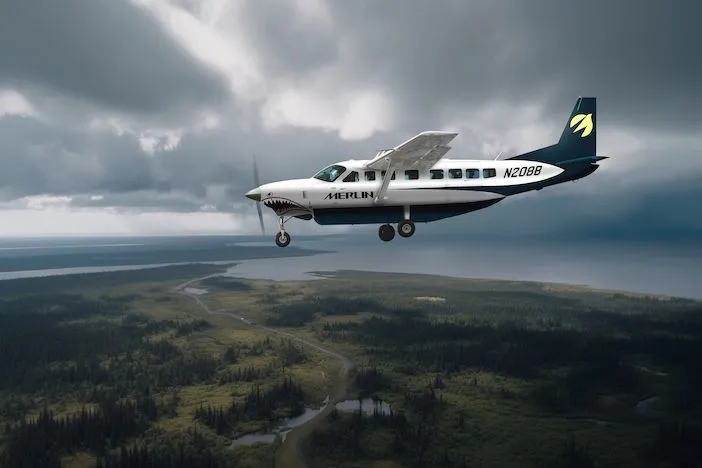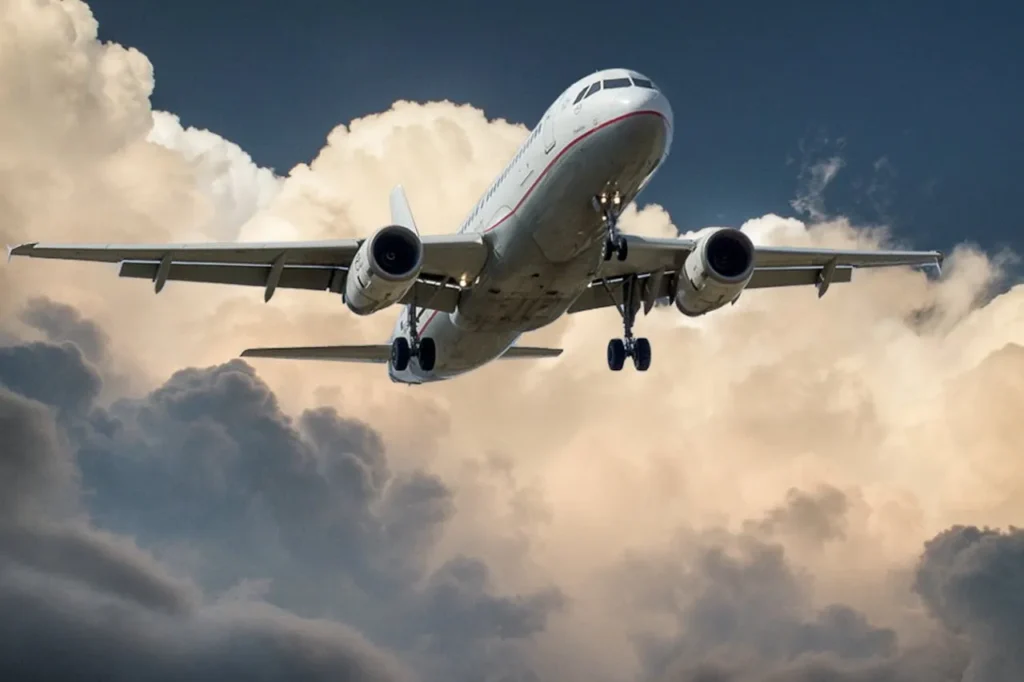
Merlin Earns Experimental Airworthiness Certificate in New Zealand
Merlin, a frontrunner in the development of assured autonomous flight technology for fixed-wing aircraft, has taken a significant step forward in its mission to revolutionize aviation. The company announced it has received an Experimental Certificate of Airworthiness from the Civil Aviation Authority of New Zealand (CAANZ), authorizing Merlin to begin certification flight testing of its proprietary autonomy platform within New Zealand airspace.
This milestone represents a crucial advancement in Merlin’s journey toward achieving the world’s first certification for a fully autonomous flight system capable of controlling aircraft from takeoff to touchdown without human intervention. With the new certificate in hand, Merlin is now in the final phase of its supplemental type certificate (STC) program—a rigorous regulatory process required for the approval of modifications to existing aircraft.
A Landmark Achievement in Autonomous Aviation
The issuance of the Experimental Certificate of Airworthiness underscores the growing confidence of aviation authorities in Merlin’s technology and its potential to transform flight operations. By authorizing flight testing under experimental conditions, the CAANZ is enabling Merlin to gather critical data, validate system performance, and advance the technical readiness of its autonomy platform in real-world flight scenarios.
“This certification in New Zealand represents a strong vote of confidence from CAANZ and is a major technical milestone in our certification journey,” said Matt George, CEO and founder of Merlin. “The testing carried out in the region plays a crucial role in advancing the maturity of our platform and directly supports in-air operability and certification efforts not only with the CAANZ, but also with the FAA. With extensive testing underway in both the United States and New Zealand, we’re accelerating the ability for our autonomy platform to enhance the safety of aviation operations globally.”
A Global Certification Strategy: CAANZ and FAA Collaboration
Merlin’s certification journey is the result of a multi-year effort that began gaining formal recognition in September 2021. At that time, both the Civil Aviation Authority of New Zealand and the U.S. Federal Aviation Administration (FAA) granted initial approval for Merlin’s certification plans. This established the world’s first formal certification basis for an autonomous flight system—a groundbreaking regulatory development that opened the door for further innovation in the aviation sector.
With today’s Experimental Certificate, that foundational work is moving into its next stage. The CAANZ will continue to play a proactive role in the program, serving in both risk management and intelligence advisory capacities. This close collaboration between Merlin and regulatory agencies reflects the increasing maturity of autonomous flight technologies and their potential integration into national airspaces.
Test Pilot Authorization and Operational Scaling
In tandem with the certification approval, Merlin has also secured approvals for test pilots in New Zealand. This logistical achievement enables the company to conduct concurrent test flights across multiple aircraft, significantly reducing the total timeline required to reach full certification. The ability to operate multiple test campaigns simultaneously not only accelerates Merlin’s development schedule but also facilitates the collection of broader datasets, which are critical for validating the reliability, redundancy, and safety of autonomous systems.
This development marks a pivotal acceleration in Merlin’s path toward commercial readiness, bringing its technology closer to real-world application in logistics, regional air mobility, and other sectors that stand to benefit from autonomous aviation.
Establishing a Strategic Testing Hub in New Zealand
Merlin’s growing presence in New Zealand is anchored by its dedicated test facility in Kerikeri, which was officially announced in May 2023. The Kerikeri facility plays a central role in the company’s certification strategy and is strategically located to support a wide range of testing and operational scenarios. New Zealand’s progressive regulatory environment and robust aviation infrastructure make it an ideal setting for pioneering flight technology.
Since establishing operations in the region, Merlin has achieved a series of important milestones that build a foundation for both flight testing and future commercial operations. These include:
- Achieving Stage of Involvement 1 (SOI 1): This initial engagement with the CAANZ marked the formal beginning of the certification process and outlined the scope, expectations, and deliverables for Merlin’s technology evaluation.
- Receiving a Part 135 Air Operator Certificate (AOC): This certification permits Merlin to operate commercial freight flights, setting the stage for real-world deployment of its autonomy platform in cargo logistics.
- Securing a Part 145 Maintenance Certificate: This approval allows Merlin to perform maintenance on aircraft operated under Part 121 and Part 135, ensuring the company can support both operational and testing fleets independently and in compliance with regulatory standards.
These milestones are integral to Merlin’s end-to-end operational model, which not only focuses on technological innovation but also ensures full lifecycle support for autonomous aircraft systems.
A Vision for the Future of Aviation

Merlin’s long-term vision goes beyond certification—it seeks to redefine how aircraft are operated, making aviation safer, more efficient, and more accessible. The company’s autonomy platform is designed to provide robust, scalable capabilities that can be retrofitted onto existing aircraft, thereby offering operators a cost-effective path to modernizing their fleets without the need for entirely new airframes.
In practical terms, autonomous flight has the potential to alleviate pilot shortages, reduce operational costs, and improve flight safety by minimizing the risk of human error. For remote and underserved regions, it could also mean more consistent and reliable access to air transport for goods and people.
The implications for logistics, humanitarian aid, emergency response, and commercial passenger transport are profound. By removing barriers to entry and operational complexity, Merlin’s technology could democratize access to air mobility in much the same way that autopilot systems transformed commercial aviation in the latter half of the 20th century.
Global Momentum and Industry Impact
While Merlin is spearheading flight testing and certification in New Zealand, its operations in the United States remain equally critical. Parallel test campaigns in both countries are helping the company gather diverse operational data, which feeds directly into its FAA certification efforts. This dual-market strategy also positions Merlin as a trans-Pacific leader in autonomous aviation, setting a precedent for international regulatory cooperation in a sector poised for rapid transformation.
As the aviation industry looks toward a future increasingly shaped by automation, the progress made by Merlin is being closely watched by stakeholders across aerospace, defense, logistics, and commercial transportation. The company’s success could help set regulatory and technological benchmarks for the broader adoption of autonomous systems, similar to how electric aircraft and drones have begun to reshape aerial mobility in recent years.
Merlin’s receipt of an Experimental Certificate of Airworthiness from the Civil Aviation Authority of New Zealand marks a historic step in the evolution of autonomous aviation. With strategic certifications, a dedicated testing infrastructure, and strong regulatory partnerships in both New Zealand and the U.S., Merlin is rapidly advancing toward its goal of delivering the world’s first certified takeoff-to-touchdown autonomy solution.
As testing intensifies and milestones continue to be reached, the aviation industry stands on the cusp of a new era—one where autonomous systems redefine what’s possible in air travel and transportation. Merlin is not just participating in this transformation; it is leading the charge.

